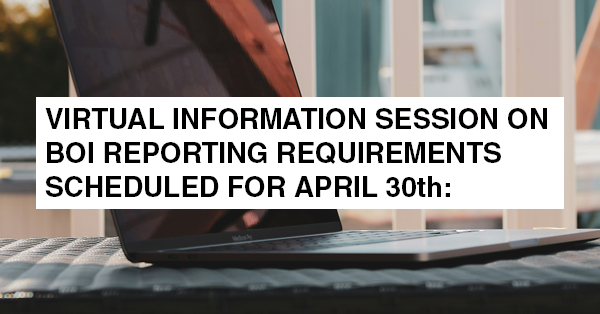RMD RELIEF EXTENDED FOR ONE MORE YEAR:

The Service has issued Notice 2024-35 which provides relief with respect to certain required minimum distributions (RMDs) that are not made in 2024. This relief was provided with respect to certain RMDs in 2021, 2022, and 2023, and is being extended in this notice to certain RMDs in 2024. Specifically, the notice provides that if certain requirements are met, a plan will not fail to be qualified for failing to make a specified RMD in 2024, and a taxpayer will not be assessed an excise tax for failing to take the RMD. This notice also announces that the final regulations intended to be published relating to RMDs are anticipated to apply for purposes of determining RMDs for calendar years beginning on or after January 1, 2025.
- Ten-year rule
Section 401(a)(9) of the Code was amended by § 401(a)(1) of the Setting Every Community Up for Retirement Enhancement Act of 2019 (SECURE Act), enacted on December 20, 2019, as Division O of the Further Consolidated Appropriations Act, 2020, Pub. L. 116-94, 133 Stat. 2534 (2019), to add § 401(a)(9)(H) to the Code. Generally, pursuant to § 401(a)(9)(H)(i), if an employee in a defined contribution plan has a designated beneficiary, the 5-year period under the 5-year rule is lengthened to 10 years (10-year rule) and the 10-year rule applies regardless of whether the employee dies before the required beginning date. In addition, pursuant to § 401(a)(9)(H)(ii), the § 401(a)(9)(B)(iii) exception to the 10-year rule (under which the 10-year rule is treated as satisfied if distributions are paid over the designated beneficiary’s lifetime or life expectancy) applies only if the designated beneficiary is an eligible designated beneficiary, as that term is defined in § 401(a)(9)(E)(ii).
- GUIDANCE FOR SPECIFIED RMDs FOR 2024
- Guidance for defined contribution plans that did not make a specified RMD. A defined contribution plan that failed to make a specified RMD (as defined in section IV.C of this notice) will not be treated as having failed to satisfy § 401(a)(9) merely because it did not make that distribution.
- Guidance for certain taxpayers who did not take a specified RMD. To the extent a taxpayer did not take a specified RMD (as defined in section IV.C of this notice), the IRS will not assert that an excise tax is due under § 4974.
- Definition of specified RMD. For purposes of this notice, a specified RMD is any distribution that, under the interpretation included in the proposed regulations, would be required to be made pursuant to § 401(a)(9) in 2024 under a defined contribution plan or IRA that is subject to the rules of § 401(a)(9)(H) for the year in which the employee (or designated beneficiary) died if that payment would be required to be made to:
- a designated beneficiary of an employee under the plan (or IRA owner) if: (1) the employee (or IRA owner) died in 2020, 2021, 2022, or 2023, and on or after the employee’s (or IRA owner’s) required beginning date, and (2) the designated beneficiary is not using the lifetime or life expectancy payments exception under § 401(a)(9)(B)(iii); or
a beneficiary of an eligible designated beneficiary (including a designated beneficiary who is treated as an eligible designated beneficiary pursuant to § 401(b)(5) of the SECURE Act) if: (1) the eligible designated beneficiary died in 2020, 2021, 2022, or 2023, and (2) that eligible designated beneficiary was using the lifetime or life expectancy payments exception under § 401(a)(9)(B)(iii) of the Code.




